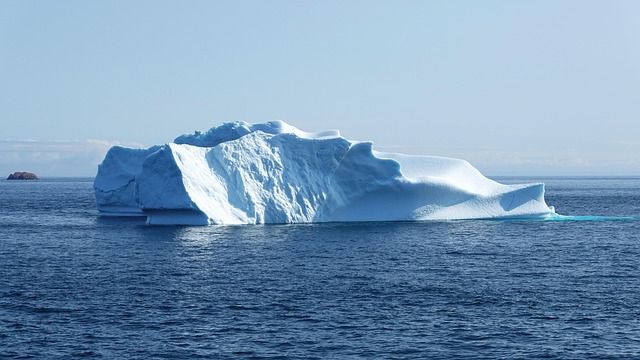The melting of glaciers, the rise in sea levels, and the increasingly erratic weather patterns are all stark reminders of the climate change crisis we face. Yet, amid this turmoil, there exists a beacon of hope—international cooperation. The challenges posed by climate change are too vast and complex for any single nation to tackle alone. It’s an issue that transcends borders, demanding collective action and solidarity among nations. As we watch our planet’s ice melt away, it becomes clearer that only through collaboration can we hope to forge sustainable solutions that will protect our environment for future generations.
International cooperation is not merely a theoretical construct; it plays a tangible role in addressing the urgent climate challenges we encounter. From the Paris Agreement to various UN climate conferences, nations are coming together to set ambitious targets to reduce carbon emissions and limit global warming. These agreements serve as a platform for sharing technologies and best practices, enabling countries to learn from one another’s successes and failures in combating climate change.
Furthermore, international cooperation extends beyond formal agreements. Grassroots movements and collaborations between NGOs, businesses, and governments are blossoming worldwide. By pooling resources and knowledge, countries can implement innovative strategies to mitigate the onset of climate change more effectively. For instance, developing nations often have unique strategies tailored to their environments that can inspire adapted methods in developed countries, creating a melting pot of ideas and practices that enrich global responses to ecological challenges.
As nations face the health of our planet hanging in the balance, the urgency for collaborative techniques becomes inevitable. The sharing of resources and knowledge can lead to sustainable energy practices, improved agricultural techniques, and adaptive strategies for communities vulnerable to climate change. The reality is that we are all in this together; the melting icebergs and rising tides do not discriminate. They impact us all, reminding us of our shared responsibility and interconnectedness.
Additionally, the economic benefits of international cooperation in environmental sustainability cannot be overlooked. By investing in green technologies and sustainable practices, countries can create jobs, boost their economies, and develop a competitive advantage in the emerging green economy. Collaboration efforts can lead to innovative funding solutions to support the transition to a low-carbon future. Cooperation may not only save our planet but also create thriving communities and robust economies in the long run.
As citizens of the world, it is our collective duty to engage in this dialogue. Every action counts, and every voice matters. Advocacy for international cooperation can drive more substantial commitments from leaders, pushing for policies that secure a healthier, more resilient planet. By participating in local initiatives or supporting global campaigns that emphasize sustainability, individuals can contribute to this melting togetherness in the fight against climate change.
The message is clear: let us unite in our efforts to combat climate change through meaningful action and international cooperation. While the challenges may seem daunting, every effort toward collaboration, understanding, and shared responsibility brings us one step closer to a more sustainable future for our planet. As we navigate this uncharted territory together, let us strengthen our bonds and forge ahead with hope, determination, and unity.




